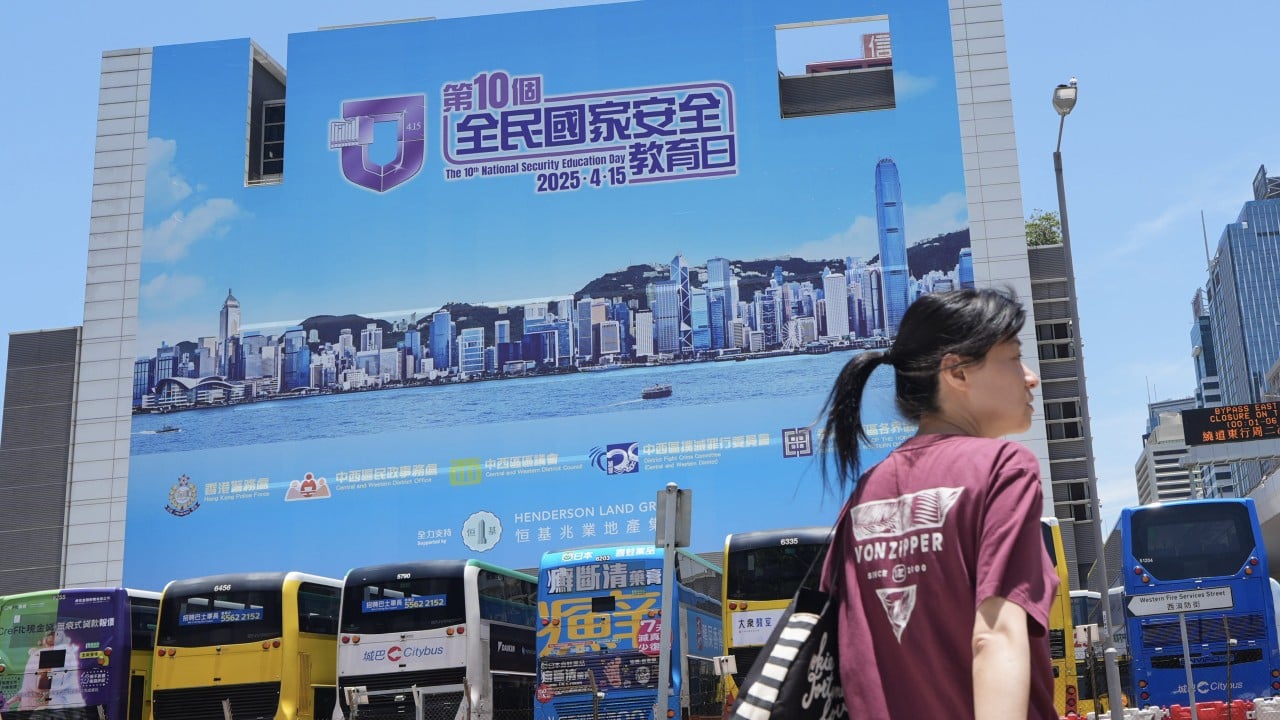Beijing planned subsidiary legislation to Hong Kong’s domestic security law “for months” and told the city government to fast track it for passage by the end of the week, partly due to an expected easing of tensions over the US-China trade war, the Post has learned.
Advertisement
The Hong Kong government completed the legislative procedure in four days, announcing the proposal on Monday, enacting it the following day through the “negative vetting” process and lawmakers completing their scrutiny on Thursday.
Multiple sources familiar with the legislative agenda told the Post that the subsidiary legislation, which came a little more than a year after the domestic national security law was passed, had been planned by Beijing for months.
“Beijing set a deadline for the Hong Kong authorities to enact it by mid-May, partly due to a projected de-escalating of tensions in US-China relations,” an insider said, noting the two sides were preparing at the start of the month for their first direct high-level economic talks since the tariff war erupted in April.
Last Monday marked a significant development when an agreement was reached to remove most tariffs imposed by US President Donald Trump for an initial 90-day period. The temporary trade truce has been seen as putting a brake on the escalating tensions and a pause in the trade conflict that has strained global markets.
Advertisement
On the same day, the Hong Kong government proposed the subsidiary legislation, specifying certain powers held by Beijing’s office overseeing national security in the city and designating its premises as “prohibited places”.

